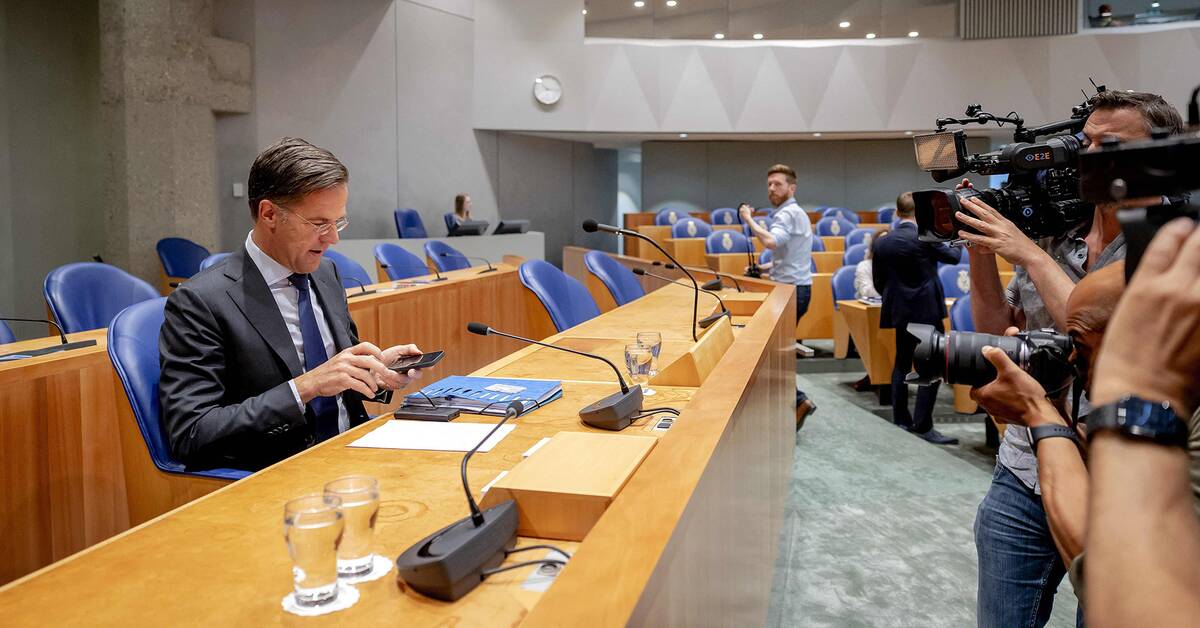The Dutch Prime Minister Mark Rutte is in a political storm due to an old mobile phone and lots of deleted text messages.
It was in connection with the newspaper De Volkskrant examining the government's handling of the corona pandemic that they discovered that several of the Prime Minister's text messages, which they tried to request as a public document, were missing.
After the newspaper filed a lawsuit, Rutte revealed that he used to delete messages he considered unimportant, while the rest was forwarded to an official archive.
Keeping too many messages in the inbox made the phone - a Nokia 301 - too slow, Rutte reasoned.
Criticism from the opposition
The issue has become a political explosive in the Netherlands, where the opposition is now accusing the prime minister of trying to hide state activities.
Nokiagate, as the scandal has come to be known, was discussed during a five-hour debate in parliament on Thursday.
The leader of the Labor Party, Attje Kuiken, pointed out that Rutte has on several occasions said that he can not remember details about controversial events.
"It seems that the Prime Minister's telephone memory is used as selectively as the Prime Minister's own memory," she said.
Mark Rutte himself denies that he did anything wrong and claims that he acted within the law.
Cyber security
The telephone revelations have also sparked a discussion about national security.
Rutte's use of a mobile phone launched in 2013 goes against guidelines from the Prime Minister's own IT organization, which recommends that users update their devices every month to minimize the risk of cyber attacks, writes Reuters.
Nokia has not updated the software to the 301 model in several years.
The Prime Minister has now obtained a new telephone, but according to Rutte himself, the change is not due to the political controversy but to the fact that the old one simply stopped working.
During Thursday's debate, he described his new smartphone as both clumsy and ugly.

